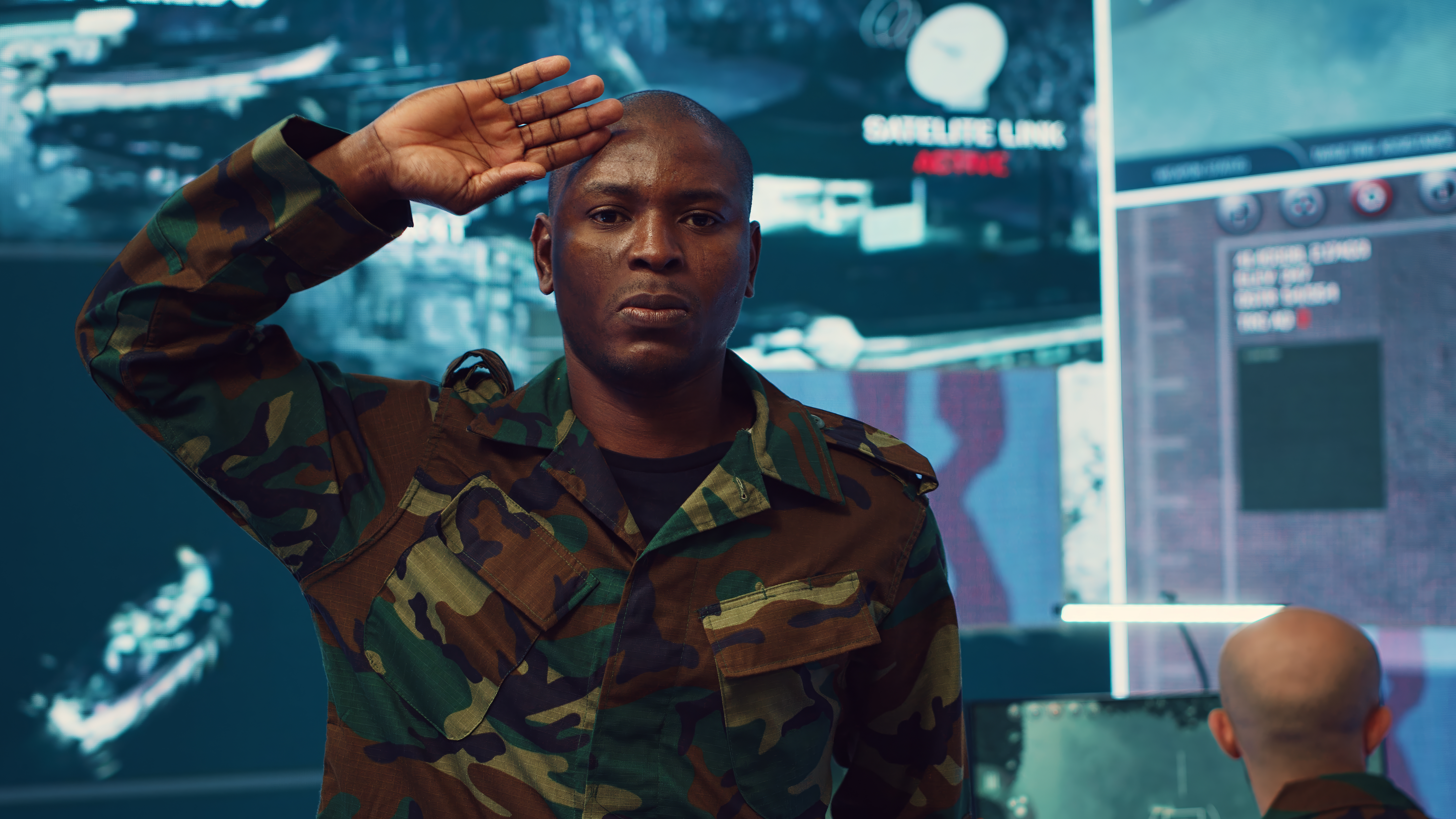How to Join the Kenya Police or Kenya Defence Forces (Recruitment Guide)
KenyaHowTo Team
April 28, 2025

The first step is understanding the requirements for each force. The Kenya Police Service often recruits constables, cadets, and specialists. The KDF recruits soldiers, cadet officers, and specialist officers. Each group has specific minimum qualifications you must meet before applying.
Applicants must be Kenyan citizens aged between 18 and 28 years for general recruitment. For specialist positions, applicants can be up to 30 years old. All applicants must have a valid national ID card and academic certificates from recognized institutions.
Educational requirements differ slightly between the two forces. For Kenya Police, you must have at least a D+ (plus) in KCSE. For KDF, a minimum grade of D (plain) is accepted for tradesmen, while cadet officers require a minimum of B (plain) in KCSE and relevant degrees.
Physical fitness is essential when applying. The minimum height requirement is 5'3" (160cm) for men and 5'2" (158cm) for women. You must also have a normal body weight, clear vision, and no physical disabilities. Physical and medical assessments are conducted before shortlisting.
You must not have any criminal record to qualify. A good conduct certificate from the Directorate of Criminal Investigations (DCI) is usually mandatory. Drug tests are also administered during the medical examinations.
The recruitment process starts when official advertisements are released. These are published in local newspapers, government websites, radio stations, and TV channels. Interested candidates should carefully read and follow the recruitment instructions provided.
On recruitment day, report to the designated centers early. You should wear simple sportswear and bring your original documents, including academic certificates, ID card, and birth certificate. Fake documents will lead to automatic disqualification and possible prosecution.
The recruitment exercises are conducted openly and free of charge. The government warns that any form of bribery or canvassing leads to immediate disqualification. It is important to report any corruption cases to the nearest police station or ethics office.
After the initial physical and document verification, successful candidates undergo aptitude tests. These tests measure mental sharpness, reasoning ability, and problem-solving skills. Good preparation in basic mathematics, English, and general knowledge can improve your performance.
Those who pass the aptitude tests proceed to the medical examination stage. A team of military or police doctors conducts thorough tests to ensure you are medically fit. Candidates found unfit are disqualified immediately.
If you pass the medical tests, you may be shortlisted for interviews. Interviews focus on your leadership skills, communication, discipline, and general conduct. This stage is especially crucial for cadet officer positions that require leadership potential.
After successful interviews, candidates are issued with joining instructions. Police recruits head to Kenya Police Training Colleges such as Kiganjo, while KDF recruits report to training schools like the Recruits Training School (RTS) in Eldoret.
Training takes several months, depending on the course. Police training usually lasts nine months, while KDF basic training for soldiers takes about six months. Officer cadet training can last up to 18 months, including specialized military education.
During training, recruits are taught discipline, teamwork, combat skills, public service values, and basic law enforcement principles. Physical endurance, mental toughness, and ethical standards are heavily emphasized throughout the training period.
After successful training, graduates are deployed across Kenya. Police officers are assigned to police stations, traffic units, or special branches. KDF soldiers are deployed to the army, navy, or air force based on the needs of the forces.
Career progression is possible in both Kenya Police and KDF. With experience, discipline, and good performance, you can rise through the ranks. Promotions may require passing promotional exams and further training at command colleges.
Specialized units offer more opportunities for growth. For instance, in KDF you can specialize in engineering, logistics, intelligence, medical, or aviation. In Kenya Police, you can join units like CID (DCI), GSU, or Anti-Stock Theft Unit.
It is important to maintain discipline and integrity throughout your service. Misconduct can lead to demotion, dismissal, or prosecution. Both forces demand high levels of ethical behavior from all their officers at all times.
Joining the Kenya Police or Kenya Defence Forces is a noble calling. It requires commitment, patriotism, and resilience. If you meet the qualifications and prepare well, you stand a good chance of joining and building a rewarding career.
Stay updated by regularly checking announcements from the National Police Service Commission (NPSC) or the Ministry of Defence. These bodies release genuine information about upcoming recruitment drives and any changes in procedures.
Serving in uniform allows you to contribute positively to Kenya’s safety and development. It also offers you financial security, leadership opportunities, and a sense of purpose. Start preparing early if you aspire to join either service.
Finally, remember that the journey does not end after recruitment. Continuous learning, self-discipline, and commitment to service are key to a successful career. Kenya needs dedicated young people to safeguard her future.




